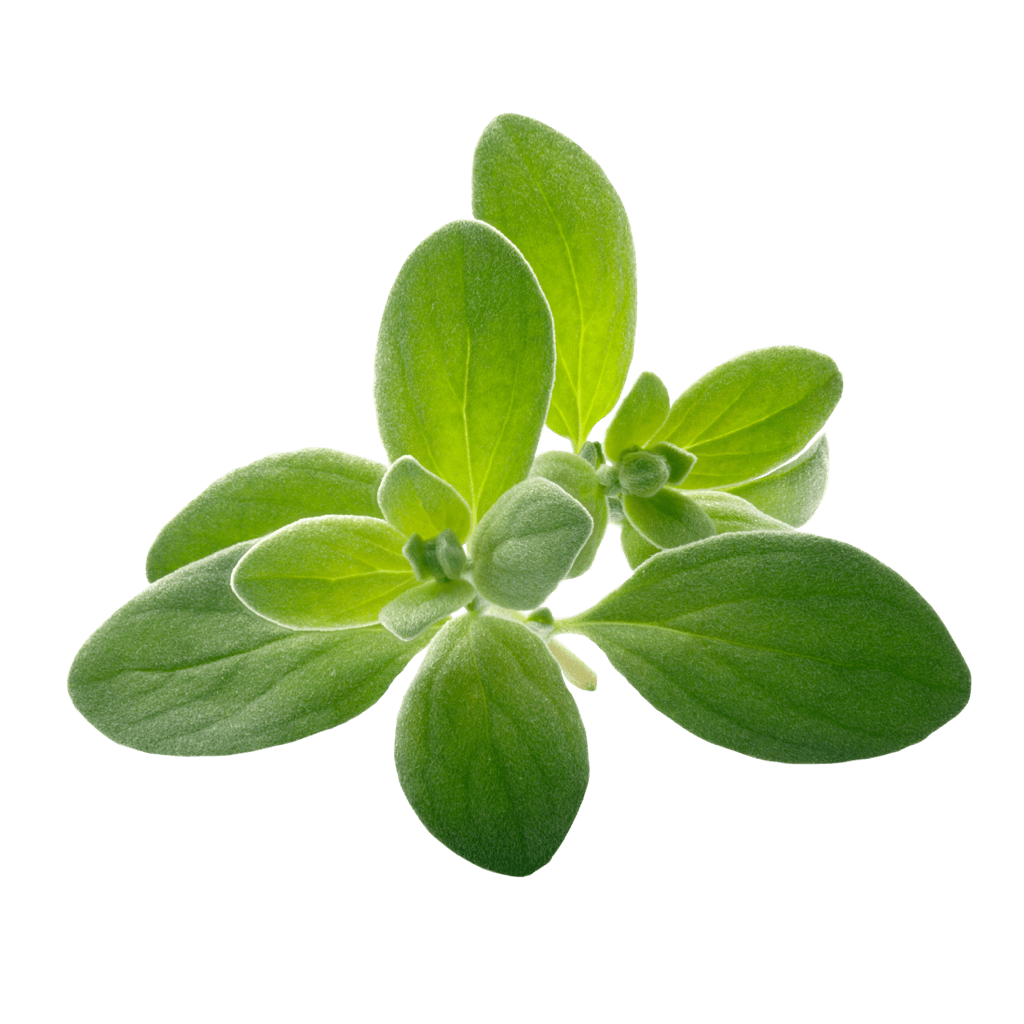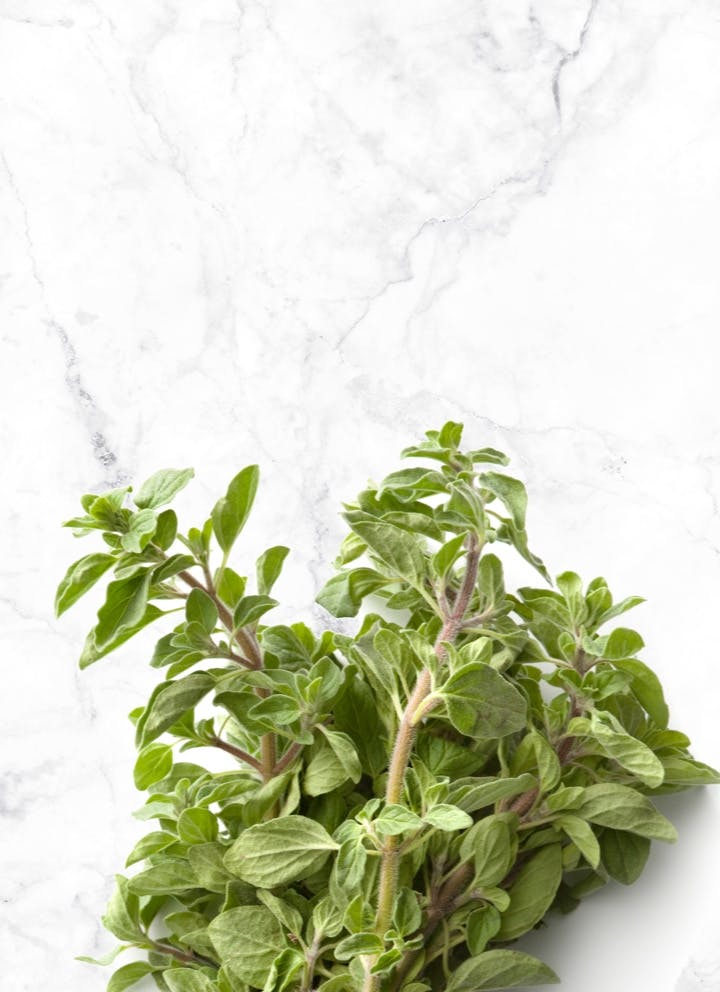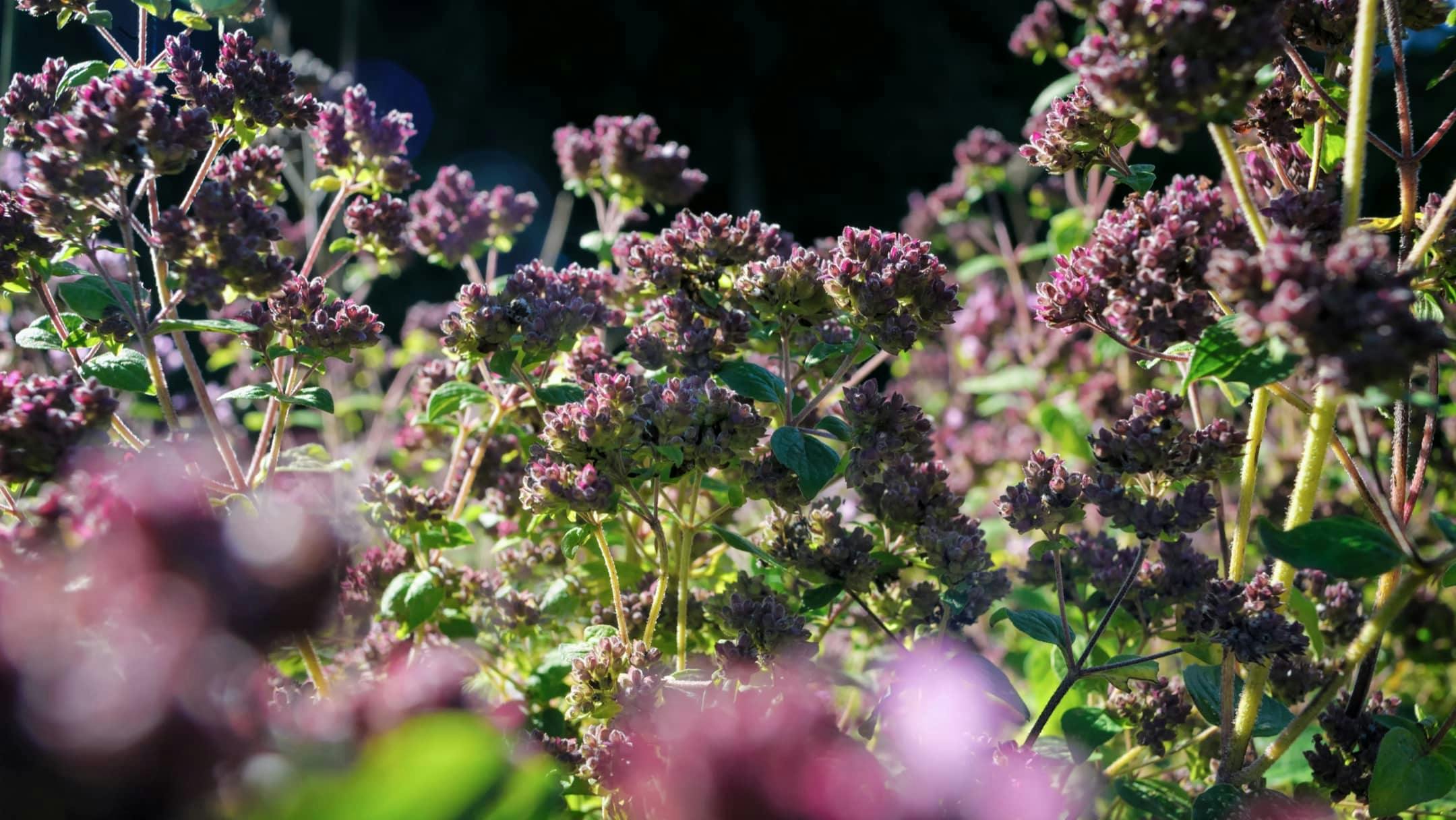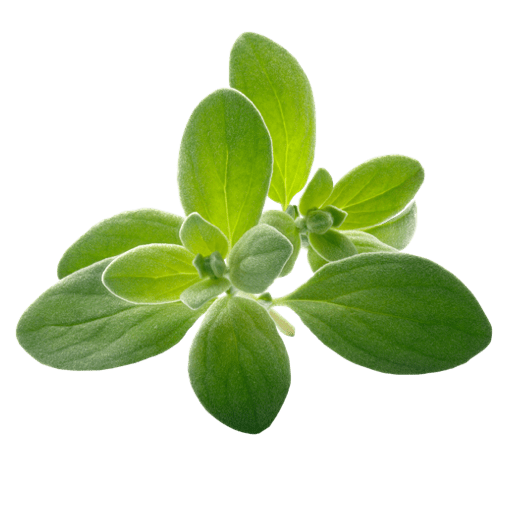Marjoram


In ancient times, marjoram was known as the herb of love — today, it lends its floral, resinous, citrussy flavor to a wide range of dishes.

Marjoram as an Herb
Marjoram tastes sweet, light, floral and warm. Sweet marjoram has a its mild flavor and is particularly popular in Europe — it’s a staple of most spice racks in the region. Aphrodite, the goddess of love and beauty, emerged from the sea and climbed onto the island of Cyprus. Marjoram was growing on this island, so it’s no wonder that it came to be known as the herb of love! The herb was thought to contain a love spell, which is why brides wore marjoram as a crown and was meant to bless them with lots of children. Even in ancient Roman times, the aromatic fragrance of the sweet leaves was considered to be irresistible.
Products Containing Marjoram
Currently Viewing: 1 of 0
Usage
Marjoram has made its way into the cuisine of many different countries, and the Mediterranean herb can be found in lots of traditional dishes. In Central Europe, it is often used in meat dishes, ground meat and sausage products. Marjoram is the perfect addition to roast goose and vegetable and potato dishes. The nuances of marjoram really come to the fore when combined with pepper, nutmeg, thyme and juniper. Marjoram is often confused with oregano, even though the two herbs have distinctly different tastes. Marjoram has a much more subtle flavor than oregano and is therefore frequently used in haute cuisine.
Tip!
Dried marjoram should not be cooked for too long — it is best to add it to dishes shortly before serving.
Related recipes
Currently Viewing: 1 of 0


The Plant
Marjoram is part of the mint family and is therefore related to basil, rosemary, sage, thyme and oregano. Endemic to Anatolia and Cyprus, today the perennial herb is grown across the Mediterranean region, in Central and Eastern Europe and in Egypt. It grows to around 30 cm tall and its flowers are bright red to white in color. Harvesting the leaves before the plant flowers ensures optimum flavor. Climate has a big impact on the quality of the herb, with marjoram grown in warmer regions developing a much more intense flavor, a more intense green color and a much higher essential oil content.
Factbox
- Scientific Name
- Origanum majorana, Majorana hortensis
- Family
- Mint family (Lamiaceae)
- Other Names
- Sweet marjoram, knotted marjoram, pot marjoram
- Origin
- Anatolia
Discover more
Mint









